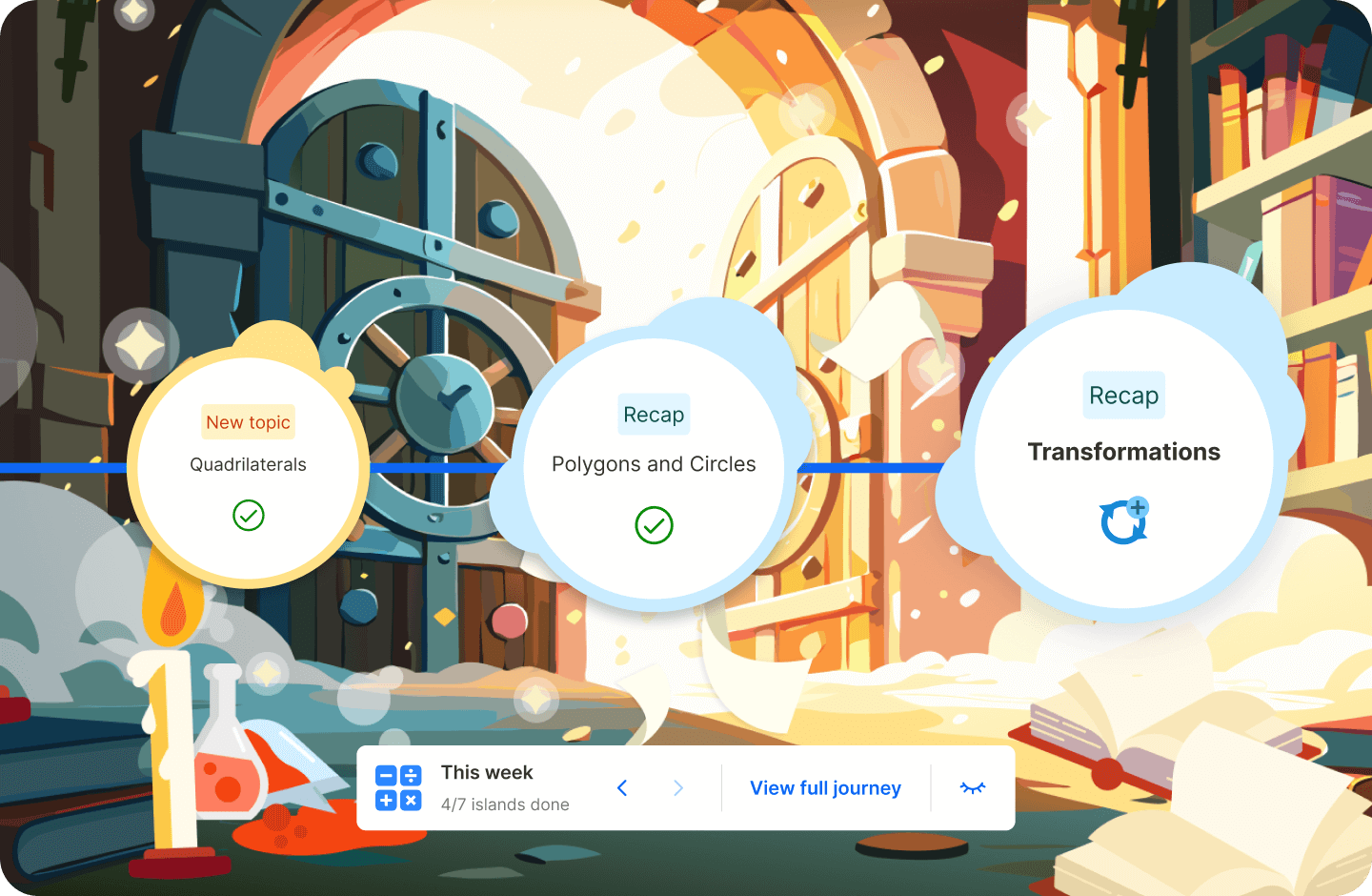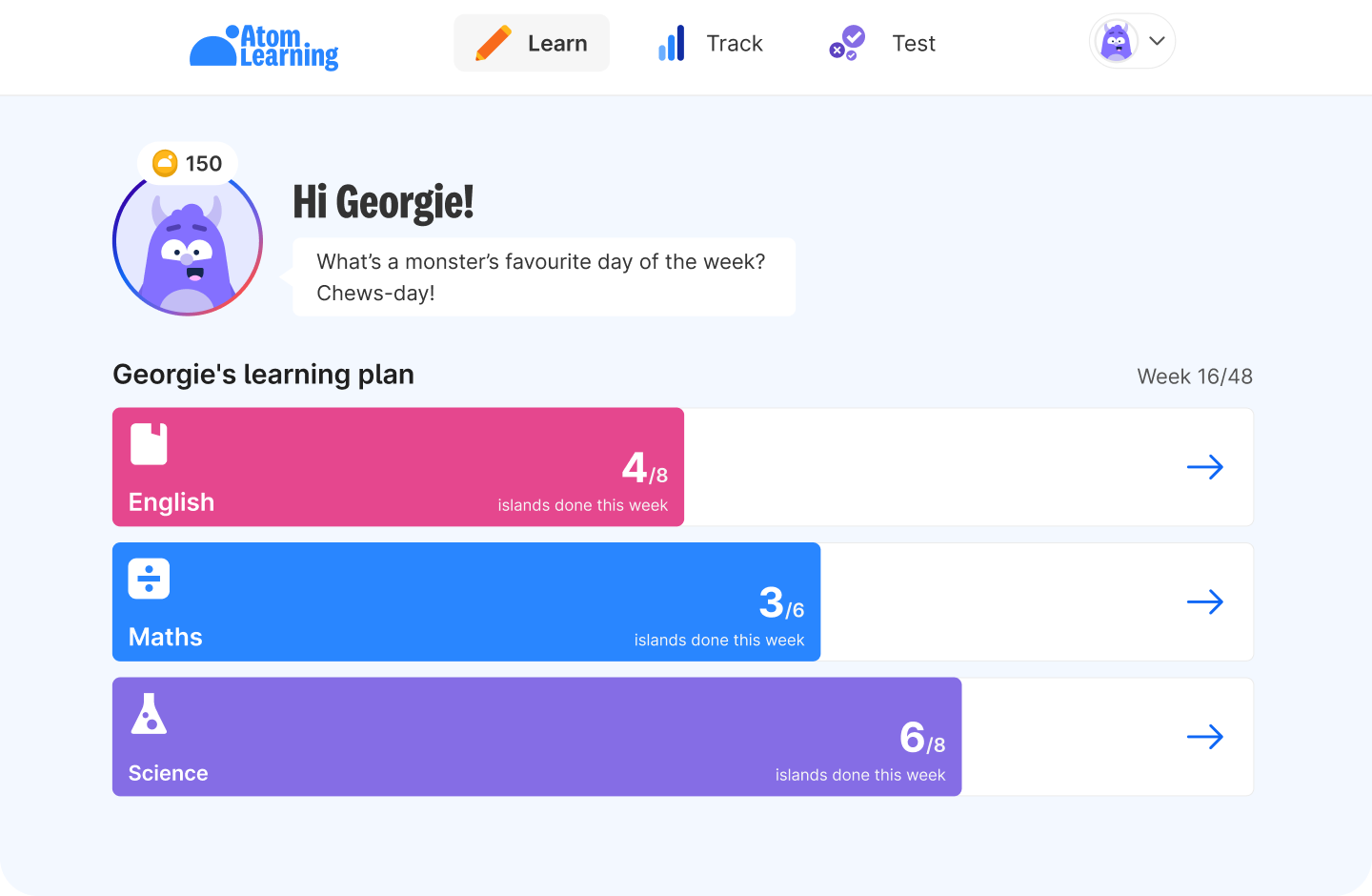ADHD explained: what every parent needs to know

ADHD is a common condition, affecting between 3–5% of children in the UK. However, a lot of information about ADHD – both online and in the media – can be misleading. In this article, Zara clarifies the typical signs of ADHD and what a diagnosis will involve.
Zara Carey is a maths teacher and Special Educational Needs Coordinator. She consults and writes on inclusion, fair access to the curriculum, and supporting learners with additional needs to reach their potential.
What is ADHD?
Attention deficit hyperactivity disorder (ADHD) is a persistent pattern of inattention and/or hyperactivity-impulsivity. It interferes with normal functioning and development. If a child has ADHD, signs of inattention and/or hyperactivity-impulsivity are considered separate from other behavioural factors, such as:
- Anxiety
- Oppositional behaviour and defiance
- Failure to understand tasks and instructions
- Other mental health or learning difficulties
What causes ADHD in children?
Despite several studies, the causes of ADHD (as with many other neurodevelopmental disorders) still remain largely unknown. However, scientists have identified some key risk factors:
- Low birth weight
- Premature birth
- Prenatal exposure to drugs or alcohol
- Head injuries or brain damage
What are the main signs of ADHD?
If your child has ADHD they may display signs of inattention and/or hyperactivity and impulsivity.
Inattention
On a daily basis, does your child repeatedly miss details and make mistakes? Perhaps they:
- Frequently miss part of what you have said, or part of an instruction
- Make conclusions about something they have heard or read, missing out key pieces of information
- Produce inaccurate homework or classwork, despite them believing they’ve got the ‘gist’ of the task or text.
Children with ADHD often dislike and avoid tasks which require sustained effort. You may find that while they start a task with great enthusiasm, they often leave tasks unfinished or do not fully follow instructions.
You may find that your child seems to drift off when you're speaking to them or when their teacher is addressing the class. However, context is key. If your child doesn’t seem to be paying full attention, consider external factors. Are they tired, in a new environment, or distracted by something otherwise appealing? Some children even focus better when they are not holding direct eye contact. But if there is no obvious distraction and they often appear to be not listening or looking blank, they may be experiencing ADHD inattentiveness.

Children with ADHD will be much more easily distracted than their peers when there is a minor distraction. They can also become distracted by their own thoughts, such as losing the trail of a sentence or sequence when telling a story.
It's common for children with ADHD to struggle to sustain their attention in tasks or play. However, focus is a developmental skill which typically improves as children get older. If you think your child’s concentration skill is lagging, talk to their teacher or their Special Educational Needs Coordinator (SENCo) to find out expectations for focus at their age.
Organisation
Another area in which children with ADHD struggle is organisation – related to inattention. This can include:
- Finding it difficult to manage sequential tasks
- Struggling to pack equipment for lessons or activities
- Being messy, and taking a long time to tidy up
- Losing lots of items, forgetting where they have put them, and/or forgetting to pick them up
For older children with more responsibility, those with ADHD may find it hard to timekeep, remember appointments or meet deadlines.
Hyperactivity and impulsivity
Physical activity
Have you noticed that your child often fidgets or finds it difficult to sit still? Very young children will all find this hard. However, if your child is more fidgety and active when sitting down than others their age, they may be displaying signs of hyperactivity. This could present itself at school, in restaurants, and on public transport. Many children with ADHD are described as ‘always on the go’ and seem unable to slow down or be still.
Children with ADHD often move around when it's inappropriate to do so, such as leaving their chair or their classroom, or walking away from a demonstration in a PE lesson. They'll follow their impulses and may run or climb in unsafe situations. Note that a child with ADHD will move around because they ‘can't help it’. This is different to defiant behaviour or other neurodevelopment disorders where a child might walk away because they are overstimulated or experiencing adverse emotions.
Verbal activity
If you often tell your child to 'calm down', 'quieten down', or 'sit still', and they make an unusual amount of noise and mess, they may be exhibiting traits of ADHD. Children with ADHD sometimes talk excessively and may lose their train of thought or the sequence of a story they are trying to tell. They often speak in a stream of consciousness, jumping between thoughts and topics.
Children with ADHD often find it more difficult to take turns compared to others their age. It’s common for a child with ADHD to give an answer before the question is finished, struggle to put their hand up, talk over people, and try to finish others’ sentences. They may interrupt conversations or games, or take things without permission, as a result of acting impulsively.
How can I find out if my child has ADHD?
You've read the signs and traits above and you feel that your child displays several of them. What happens next?
1. Speak to your family GP
If you think your child is showing signs of ADHD, you should first speak to their GP. They will ask for more details and examples of things you have noticed, and they may also have a conversation with your child.
They might suggest a period of 'watchful waiting' – lasting around 10 weeks – to see if your child's symptoms improve, stay the same, or get worse. This is good practice. It allows time for you and the school to observe, try strategies, and see whether this is a long-term disorder or a shorter-term difficulty. The GP may offer you ADHD-focused training which can help you to try strategies in the meantime.
2. Formal assessment
If your child’s difficulties have not improved after the observation period, your GP will refer your child to a specialist. This may be a specialist child psychiatrist or a paediatrician, facilitated by your local Child Development or Child and Adolescent Mental Health Service (CAMHS).
The specialist will carry out a formal assessment. This includes:
- A physical examination to rule out hearing, visual or motor problems which could be causing difficulties
- Interviews with you and your child
- Questionnaires for you and your child’s school

As with many brain development disorders, there is no biological test for ADHD. The assessment is made up of several observations and enquiries to provide a detailed picture and rule out other causes.
A child with ADHD will show several signs explained in this article – usually at least six clinically significant traits – and they will occur regularly, inhibiting their daily progress. As ADHD is a developmental disorder, it’s expected that they will have exhibited these traits before the age of 12. They will be present in all settings and can't be explained by other mental health conditions or contextual factors occurring in the child’s life at the time (e.g. a change of home or school).
Important note on ADHD diagnoses
NHS waiting times for an ADHD diagnosis can be lengthy, so you may be considering a private assessment. As you may have seen in the press, there is a huge profit-making industry for ADHD diagnoses and these should be approached with caution.
Many private practitioners will diagnose ADHD without observing the child directly and without tracking their progress over time to see if their symptoms improve with targeted interventions. Occasionally, a poorly-performed diagnosis may lead to an inappropriate prescription of medication. Such medication, when prescribed incorrectly, can be mind-altering and may have an adverse effect on a child who does not have ADHD.
The next article in this series talks about steps to take if you think your child may have ADHD, including the interventions and adaptations which might be put in place at school and the support you can provide at home.
Interested in how technology can help children with special educational needs and disabilities? Learn more here.
Build strong English, maths and science skills.

Want to support what your child is learning at school, or help them stretch beyond it? Atom gives them the right blend of challenge and support. Help them strengthen foundations, deepen understanding, and grow confident in the subjects that matter most for Key Stage 2 and beyond.
- Follow personalised weekly learning plans that adapt to your child’s level and keep them progressing in English, maths and science.
- Learn through interactive lessons that stretch their thinking and reinforce key skills.
- Track progress topic by topic. See their strengths and pinpoint where they need to improve.
Start your free trial and help your child make real school progress today.
